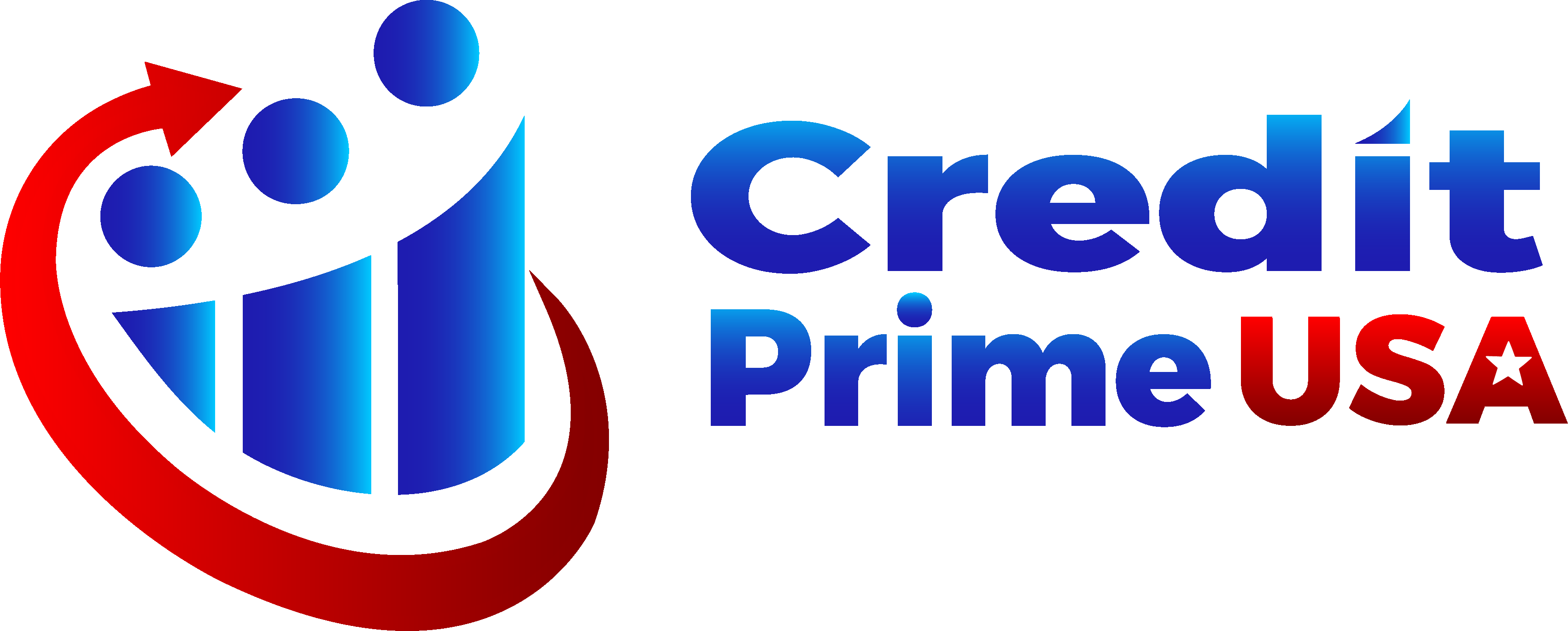Factors That Affect
Your Credit Score

Your credit score is a numerical representation of your creditworthiness. The most common scoring model is FICO, ranging from 300 to 850:
-
Excellent (750-850) – Strong financial stability and access to the best loan rates.
-
Good (700-749) – Solid creditworthiness with favorable lending options.
-
Fair (650-699) – Some risk to lenders, but still manageable.
-
Poor (Below 649) – Limited options and higher interest rates.
Factors
-
Payment History (35%) – Consistently paying bills on time is crucial.
-
Credit Utilization (30%) – Keeping balances low relative to your credit limit.
-
Credit History Length (15%) – Older accounts help establish reliability.
-
Credit Mix (10%) – A variety of credit types (loans, cards, etc.) can be beneficial.
-
New Credit (10%) – Opening multiple new accounts quickly may lower your score.

Tips to Improve Your Credit
-
Pay bills on time – Avoid late payments to protect your score.
-
Keep balances low – Aim to use less than 30% of your available credit.
-
Limit new credit applications – Too many hard inquiries can lower your score.
-
Monitor your credit report – Check for errors and dispute inaccuracies.
Understanding Debt
What It Means And How It Affects You. What Is Debt? Debt
What It Means And How It Affects You. What Is Debt? Debt
Is the total amount of money you owe to creditors and lenders,
or service providers. It can include:
-
Credit card balances
-
Auto loans
-
Mortgage loans
-
Medical bills
-
Student loans
-
Utilities and judgments/liens
Debt is often the result of borrowing or financial obligations that haven’t yet been paid. While some people aim to live debt-free, most of us will take on debt at some point—for a home, car, education, or unexpected expenses.
At Credit Prime USA, we help you track your debt, monitor your progress, and understand how your debt impacts your overall credit profile. You'll learn how close you are to paying off balances, how your debt affects the interest rates and loan terms you're offered, and how debt plays a major role in shaping your financial future.
Is Debt Always Bad?
Not necessarily. Debt can be a useful financial tool when managed properly. For example, taking out a mortgage or a student loan can be a smart investment in your future.
However, debt becomes a problem when:
-
You're borrowing to cover everyday living expenses
-
You finance a lifestyle beyond your means.
-
You're making only minimum payments and watching interest pile up.
Relying on debt to purchase non-essentials—like electronics, luxury items, or vacations—can quickly spiral into long-term financial strain. The key is to borrow strategically and spend within your means.
Credit Card Debt: The Slippery Slope
Credit cards offer convenience and short-term borrowing power—but they’re also one of the fastest ways to accumulate debt.
Many consumers use credit cards without fully considering how they'll repay the balance. If you don’t pay your full balance each month, your remaining debt rolls over and accrues interest. This cycle can make a small debt grow rapidly over time.
Example:
A credit card balance of $2,600 with a minimum monthly payment of $52 could take 17 years to pay off. You’d pay $2,673 in interest alone—more than your original purchases.
If you’re only making minimum payments, it's time to pause spending and re-evaluate your strategy.
What Is Bad Debt?
Debt becomes “bad” debt when you're no longer able—or willing—to make payments. This doesn’t just hurt your wallet; it severely damages your credit health.
Consequences of Bad Debt:
-
Negative marks on your credit report
-
Lower credit scores
-
Higher interest rates on future credit
-
Loan denials or stricter approval terms
Eventually, bad debt turns into defaulted debt, which can lead to serious consequences:
-
Auto repossession
-
Home foreclosure
-
Collections and lawsuits
Defaulting affects your credit for years and makes it harder to regain financial stability.
Managing Debt with Credit Prime USA
You don’t have to face debt alone. Credit Prime USA equips you with the tools and education to:
-
Monitor and manage your debts
-
Understand your repayment options
-
Improve your credit health
-
Build sustainable financial habits
The goal isn’t just to get out of debt—it’s to take control of your financial future.


